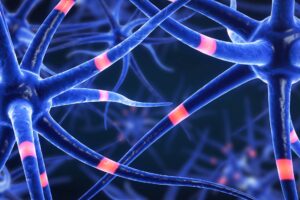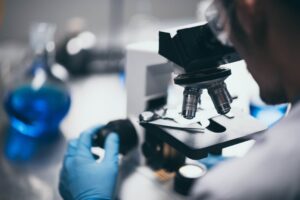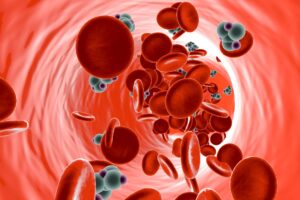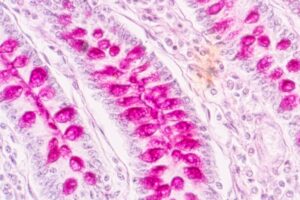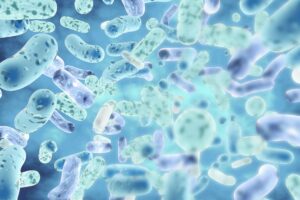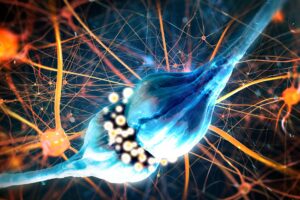Gastroenterology
Gastroenterology, Neuroscience
People with active multiple sclerosis have high levels of particular gut antibodies, called immunoglobulin A (IgA), in the central nervous systems.
Gastroenterology, Neuroscience
Individuals with autism are unable to break down some environmental toxins, which could allow the toxins to enter the bloodstream and injure brain cells.
Gastroenterology
The intestinal microbiota of people who follow a diet rich in vegetables produce metabolites that have potentially positive effects on health.
Allergology, Gastroenterology
The modulation of the gut microbiota could play an important role in protecting children from asthma in the first year of life.
Gastroenterology
Researchers have engineered yeast to produce and deliver antibodies that neutralize the two bacterial toxins that cause tissue damage.
Gastroenterology
Diets high in fat and sugar cause colon inflammation by disrupting the gut microbiota. A study published in Science Translational Medicine claims.
Gastroenterology
A diet rich in tryptophan shifted the microbiota composition to produce more molecules that are able to reduce gluten-related inflammation..
Gastroenterology, Neuroscience
The alcohol use disorder can induce changes in the gut microbiota. The administration of prebiotics could decrease the risk of relapse in alcohol addiction.
Gastroenterology
A new study, pubblished in Current Biology, claims that understanding Faecalibacterium diversity could help to choose strains suitable as probiotics.
Gastroenterology, Neuroscience
A new study, published in Cell Metabolism, suggests that targeting the gut microbiota could help to treat memory impairment, in particular in obese people.
